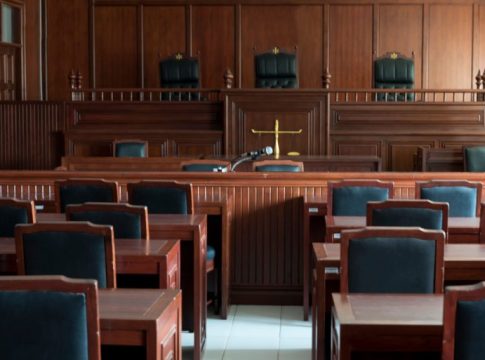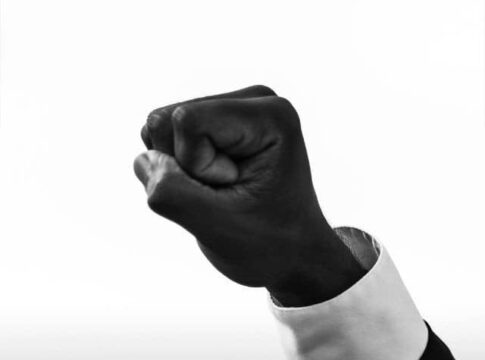Botswana, Africa’s shining example of democracy, prepares for pivotal elections on October 30.
President Mokgweetsi Masisi seeks re-election, buoyed by his ruling Botswana Democratic Party’s endorsement.
Diamond mining, Botswana’s lifeblood, faces uncertainty. Debswana’s rough diamond sales plummeted 50% in 2024’s first half, crippling government finances. Critics assail Masisi’s administration for failing to diversify the economy.
Unemployment has even soared to 27%, with youth joblessness exceeding 45%. Delayed salary payments for government employees tarnished Botswana’s governance reputation.
“State finances are in the red for the first time in 40 years,” laments opposition leader Rev. Prince Dibeela.
READ MORE: Mozambique’s Opposition Rejects Vote Result, Ruling Party Calls For Dialogue
The ruling BDP has even vowed to revamp the economy through mineral processing, agriculture and tourism. Over a million citizens registered to vote, prioritizing unemployment concerns.
Masisi confronts strong opposition from Duma Boko, Dumelang Saleshando and Mephato Reatile. His rift with former President Ian Khama, who alleges Masisi’s authoritarian rule forced his exile, intensifies.
Khama returned to campaign for the Botswana Patriotic Front, aiming to oust Masisi. “It’s the first time in over 40 years that state finances are in the red. Our society is highly fragmented,” Khama emphasizes.
Botswana’s $21 billion economy hangs in the balance. Diamond mining accounts for 80% of exports, a third of fiscal revenue and a quarter of GDP.
BDP’s Deputy Secretary-General Lebogang Kwape assures, “We’ve listened to citizens’ concerns, crafting a manifesto addressing their needs sincerely.”
The outcome will reshape Botswana’s future, balancing economic stability and democratic governance.




